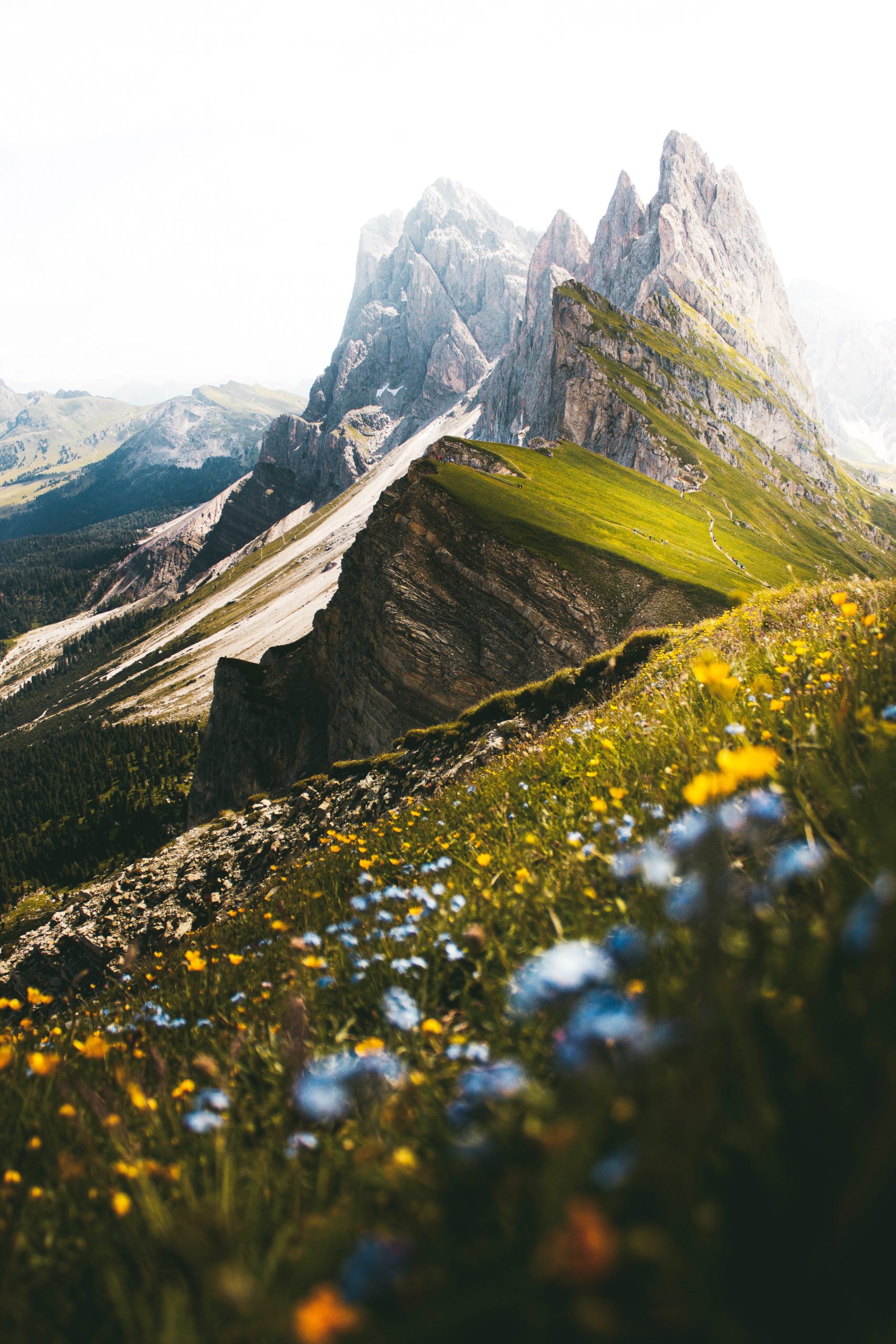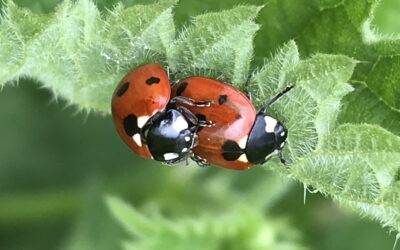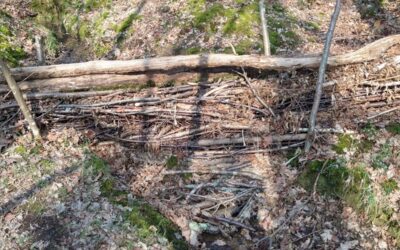Whilst the future seems scary, there are many positive changes happening across the world to help our planet thrive again and protect everything that lives here. These are what we think are some of the best environmetal changes at the moment .
UK Universities stop fossil fuel companies from recruiting on campuses up and down the country.
A student-led activist group managed to convince many universities, including Bedfordshire, Wrexham and London Arts, that a ban on fossil fuel companies recruiting in university careers fairs was beneficial. Fossil fuel companies produce a huge proportion of all carbon emissions globally, so reducing their recruiting abilities helps to limit their resources. Hopefully this will continue to spread to other universities across the UK and beyond!
New insurance protects Hawaii's coral reefs.
As the frequency of tropical storms and flooding increases, there is an increasing concern that these will damage Hawaii’s beautiful coral reefs. The US based conservation group, the Nature Conservancy has taken out a $2 million insurance policy for these reefs.
The policy itself costs the Nature Conservancy a $110,000 premium to cover most of the Hawaiian Islands, from the Big Island to Kauai, until the end of 2023. It is designed to insure against severe storms, and it will be possible to claim from it when winds reach 50 knots, with higher wind speeds spurring bigger payouts.
India has its first fully solar powered village.
Over 6,500 residents in a small village in India are now fully supplied by renewable solar energy. India is the third largest carbon dioxide emitter in the world and plans to meet half of their total energy requirements with renewable energy by 2030. Whilst there is still a long way to go, this village is an amazing sign in the potential of solar energy. The government also buys back any unused energy giving more money back to the people.
Wild bison born for the first time in thousands of years in the UK.
Bison were recently reintroduced to the wild in Canterbury woods as part of a wilding initiative between Kent Wildlife Trust and Wildwood Trust, to help fight the climate and biodiversity crises. After being close to extinction in the 1930s, this will drastically help both the natural biodiversity of the woodlands as well as the bison species themselves.
Ants could replace harmful pesticides.
Over 2.5 billion kilograms of pesticides are used every year across the world. The pesticides are used to kill pests and protect crops. However, they also have an adverse effect on natural wildlife such as bees. Bees are extremely vital to our planet’s ecosystem, and the pesticides contain dangerous chemicals that can badly damage a bee’s nervous system and prevent them from pollinating flowers. As 80% of the world’s wild flowers are pollinated by bees and a third of the food production depends on them we have to protect them. New research suggests that ants could be a natural pesticide and have a hihger efficiency than the common pesticide. They are inexpensive as well as helping to protect crops from pests and aerate the soil and increase oxygen intake.
The first 'net zero' operation performed.
Surgeons at a West Midlands hospital in the uk performed the first carbon neutral surgery which demostrates a hope for sustainable medical practices in the future of health care. The NHS makes up approximately 6% of the UK’s carbon emissions which shows the importance of this operation. The operation was 5 hours and the surgeons offset their carbon footprint through travelling sustainably, using LED lighting and much more.
What next?
We hope that these are the just the start of some improvements that are being made across the globe and that we will continue to improve our environment even further next year and beyond. There is still a lot to do but if we all do our part, we can make the future a positive one! We hope you have a great Christmas and New Year (try to find recyclable wrapping paper and non plastic gifts for a more sustainable holiday this year) and we can’t wait to see what 2023 will bring!







0 Comments